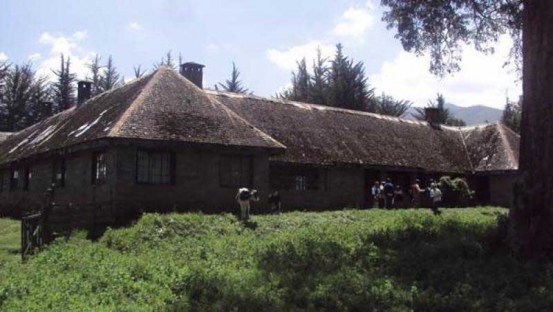×
The Standard e-Paper
Fearless, Trusted News

Enough has been written about the American dream. What of the Kenyan dream? Does it exist? What does it espouse? Who are its purveyors? Does it attract anyone like the American dream?
Every country seems to espouse a dream whose key purveyors are the leaders and the elites. Remember US President Ronald Reagan’s City Upon a Hill speech? Remember Tanzanian President Julius Nyerere and his ujamaa dream?